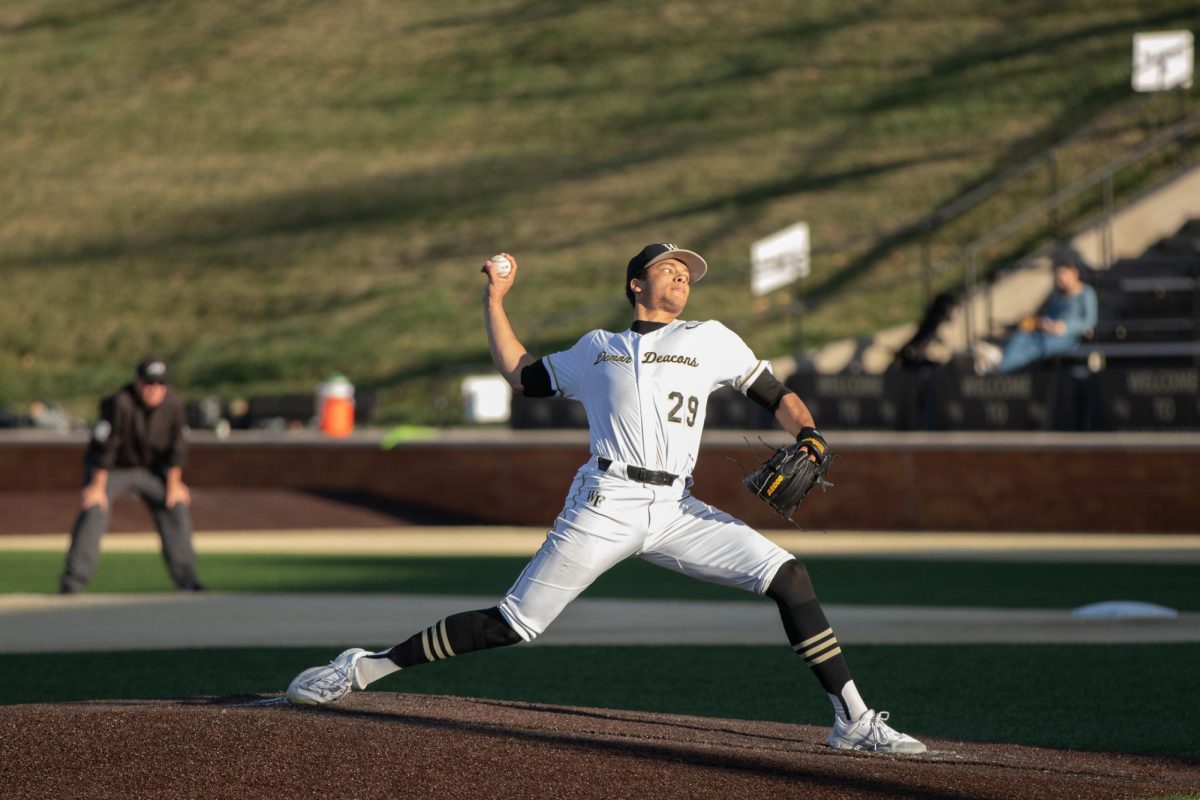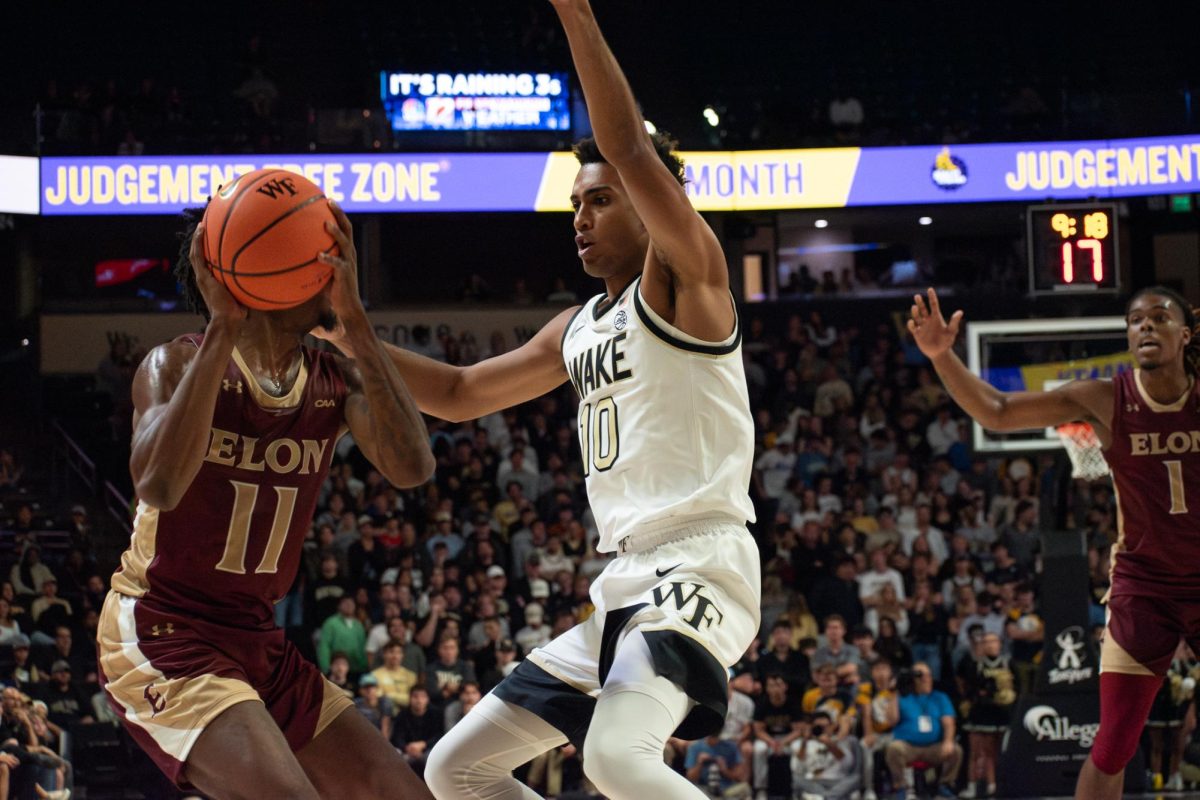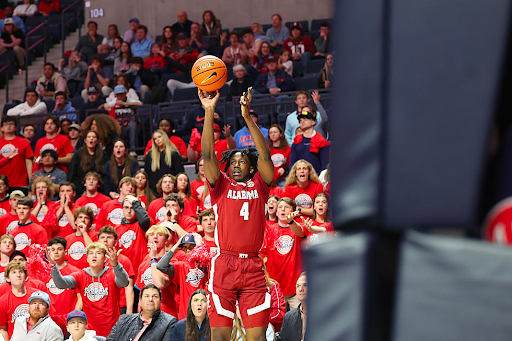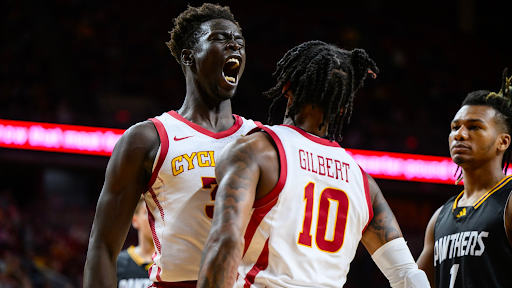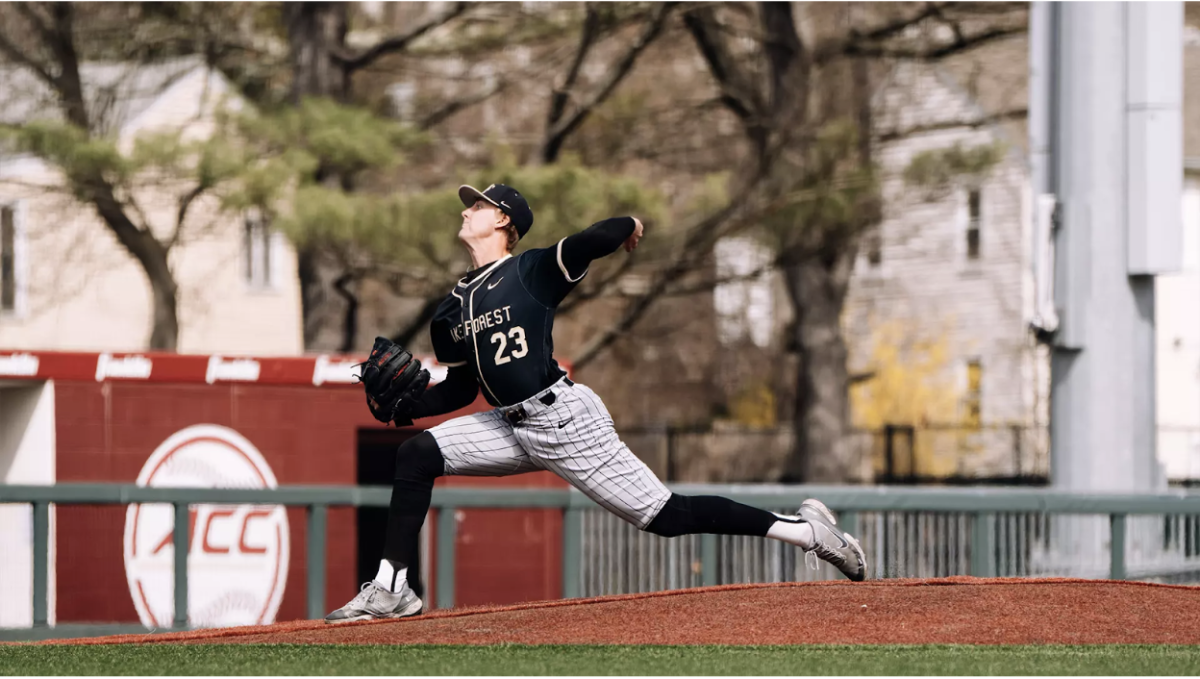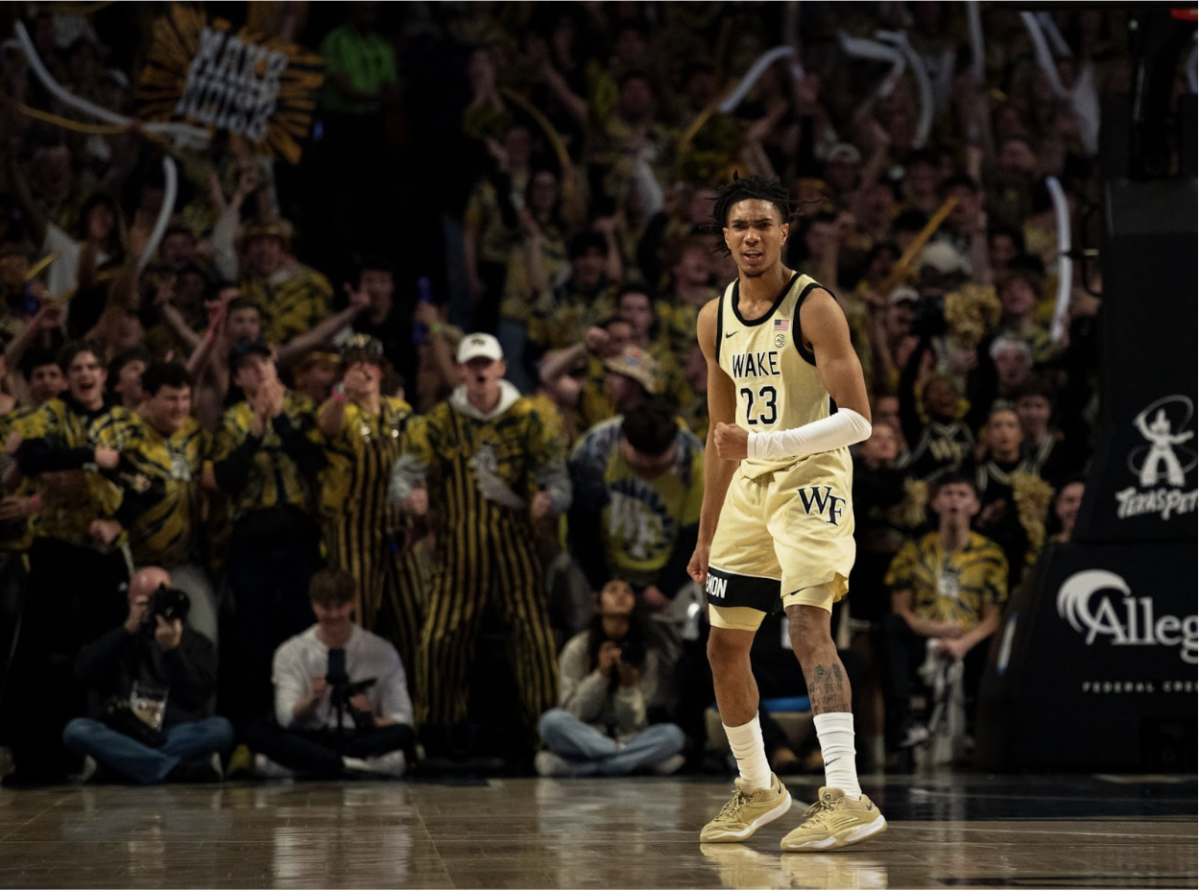Wake Forest is an institution that prides itself on its unique aspect of a large, competitive Division 1 sports program combined with a small, interactive classroom setting. A commonly heard phrase by tour guides leading groups in passing is something along the following lines: “It’s really neat because you can really get to know the talented athletes in your classes.” Football players adorned in black and gold Nike backpacks are frequently seen zooming by on scooters, and unlike at larger schools, most students have had at least one class with one of the approximately 500 Demon Deacon athletes. Non-athletes or athletes, Demon Deacons are all the same: students at “Work” Forest, supposedly doing their best to keep up with the rigorous schoolwork that comes with being a Demon Deacon. However, in delving deeper into the enclosed classrooms, are these two groups both treated the same by professors?
After polling from student-athletes across four sports, many would say no — they do not receive equal treatment to their non-athlete peers from their professors.
“They’d see [the backpack] and kind of expect you to not work hard,” said Alex Awad, a senior who played baseball for the Deacons his freshman year and made the decision to leave the team in order to focus on school and internships. “And then I don’t know if I’d say they treated you differently, but when you raised your hand and answered a question they’d definitely kind of sit up more and listen to see if you had something interesting to say.”
Not all athletes experienced a negative bias themselves.
“Fortunately, I personally haven’t experienced anything negative in class, but a lot of my teammates have,” said sophomore Ryanne Brown, a soccer player. “I guess some teachers just kind of get mad sometimes for athletes having to miss class.”
She mentioned that her soccer team has it easy, as they all maintain decent grades, but she has heard from a lot of her friends on the football team that they face harsh stereotypes.
“I feel like professors, especially with student-athletes and specifically with football players — they kind of have more of a power over you,” said Taleni Suhren, a senior offensive lineman. He mentioned that this may be attributed, in part, to the fact that the professors know the players have to report to the athletic department, who are constantly checking in on the football players to maintain class attendance and GPAs that allow them to be eligible to play. Sometimes, however, the professors take it upon themselves to reach out to the Athletic Department.
“So, a lot of times in classes with football players, like in terms of falling asleep or falling behind in classes, [professors] will often reach out to academics or your coaches. So that happens a lot of times where I’ll walk into a meeting and kind of completely get blindsided because a professor sent out an email to the Athletic Department,” Suhren said. “And I feel like [the Athletic Department] doesn’t want to babysit you, so I’d rather have the professors talk to me in person.”
Others have a different take on the Athletic Department’s high level of involvement in the lives of the athletes.
“Well … I hate that the Athletic Department comes and checks on them,” said Chair of the Communication Department Allan Louden. “I think that’s demeaning and not treating them as responsible.”
Women’s & Gender Studies professor Kristina Gupta questions the Athletic Department’s system as well.
“Is the system making sure that they actually get an education?” she asked. “Or is the system just working to make sure they maintain a minimum GPA that will allow them to continue playing?”
Despite these concerns, some faculty try their hardest to be aware of the circumstances faced by student athletes, and persevere through them.
“You have to convince them sometimes because they’ve been told nonverbally by other professors and other people that they’re not as able,” Louden said. “But most of them are quite smart, able, and if they come to believe they can do it, they can. So a lot of teaching athletes, and others, [includes providing a] license for them to trust themselves enough to discover.”


